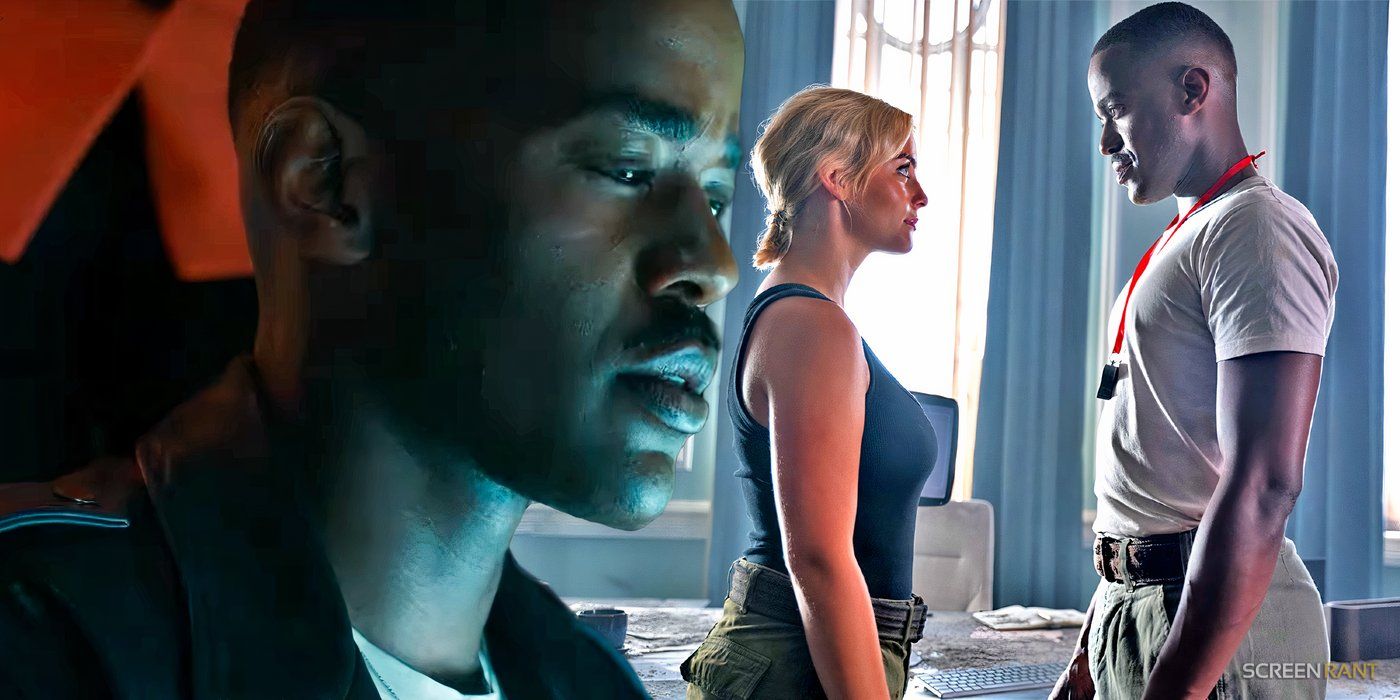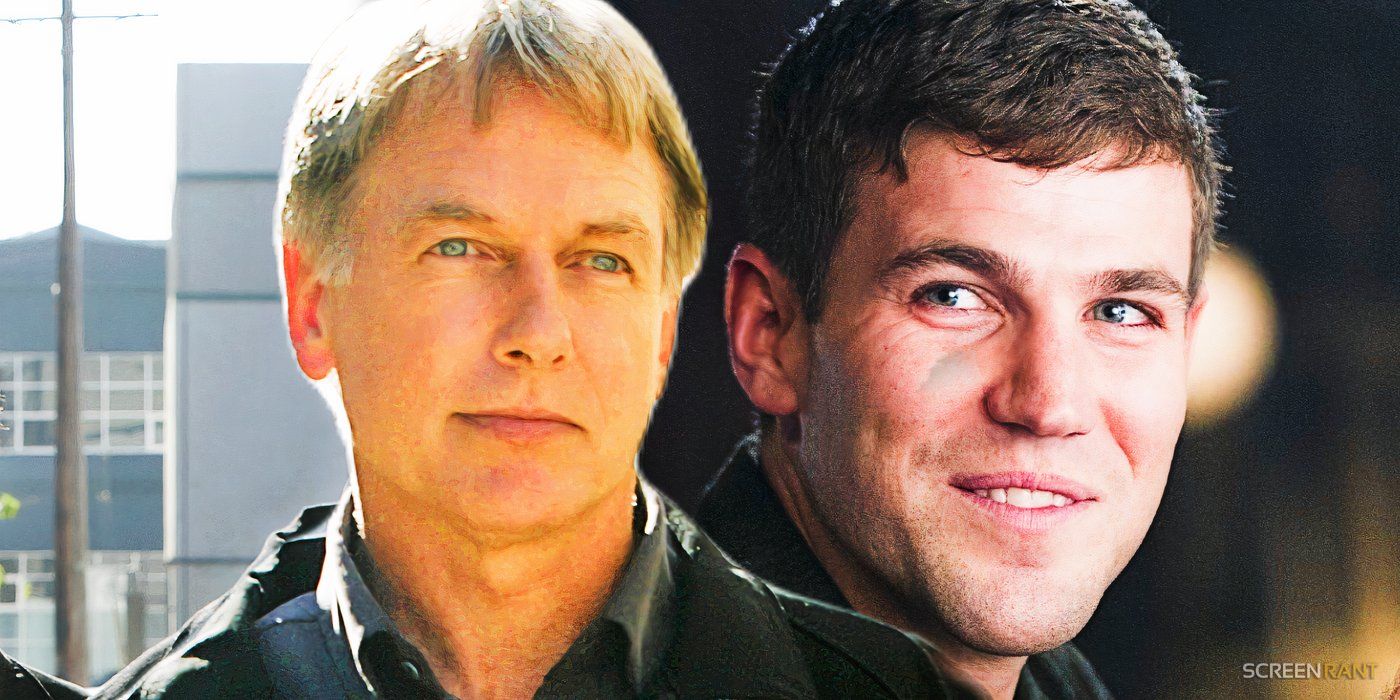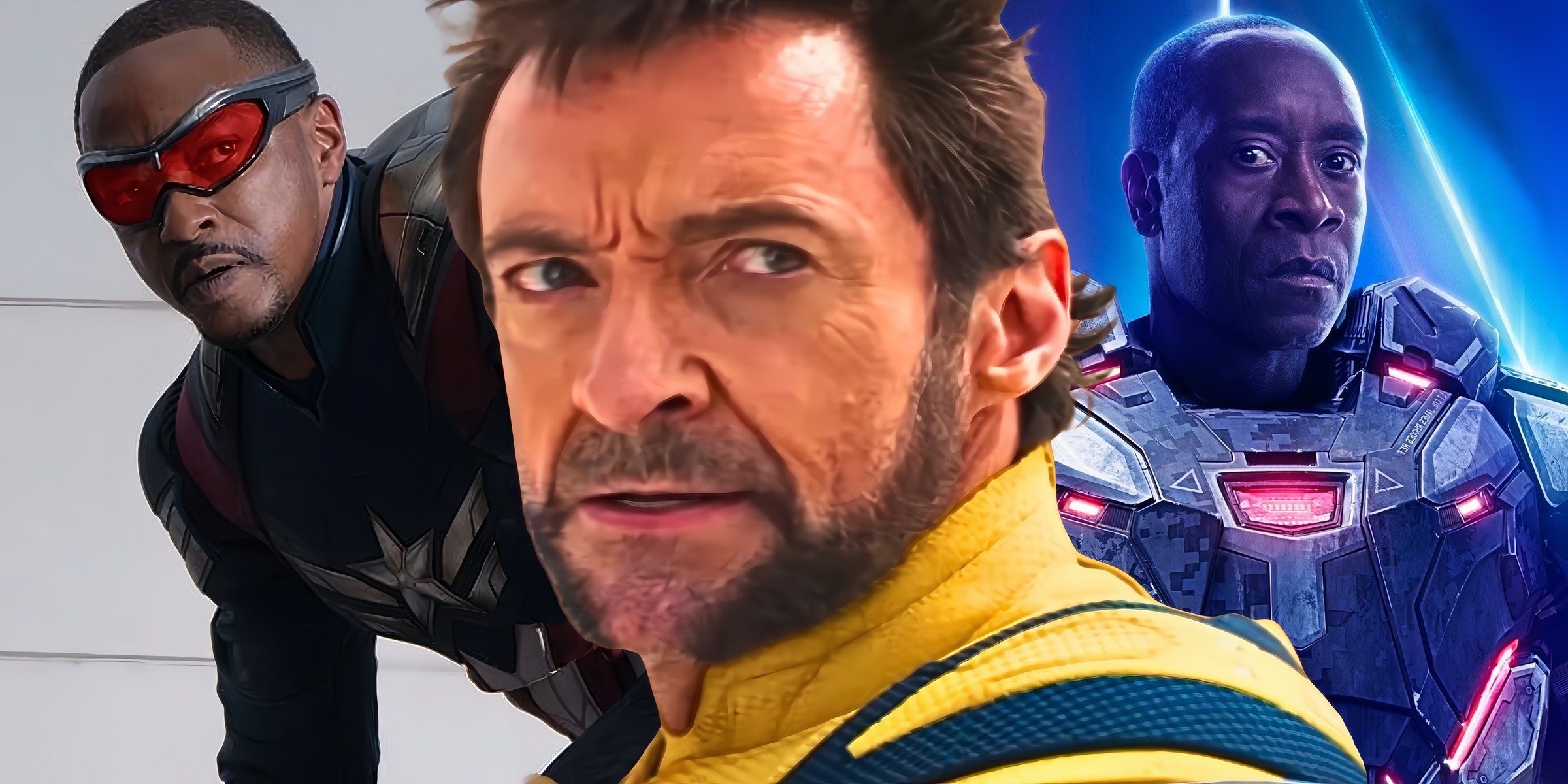Star Trek executive producer Alex Kurtzman explains the process of how new Star Trek shows are greenlit and put into production at Paramount+. Kurtzman’s Secret Hideout has been in charge of the Star Trek TV franchise since the launch of Star Trek: Discovery in 2017. Under Kurtzman’s watch, Star Trek has expanded to multiple series, including Star Trek: Picard, Star Trek: Lower Decks, Star Trek: Prodigy, Star Trek: Strange New Worlds, and, soon, the Star Trek: Section 31 movie and a new series, Star Trek: Starfleet Academy.
Speaking to Collider at SXSW prior to the world premiere of Star Trek: Discovery season 5, Alex Kurtzman described how a new Star Trek series goes from an idea into development at Paramount+. Kurtzman explains the two-year process to get a modern Star Trek series up and running. Check out his quote below:
It’s a communal conversation, meaning I talk to the head of the studio, David Stapf, who’s been incredibly supportive from the beginning, from Discovery’s launch. And then we go, and we talk to the Paramount+ folks, and we tell them ‘Here’s what we’re thinking. In order to get to this show, we’re going to need to start planning really two years ahead, which means you have to start putting things in development.’ It’s actually a small group of people. And then once you figure out what show everybody wants to make, then it becomes a question of what it costs to make it.
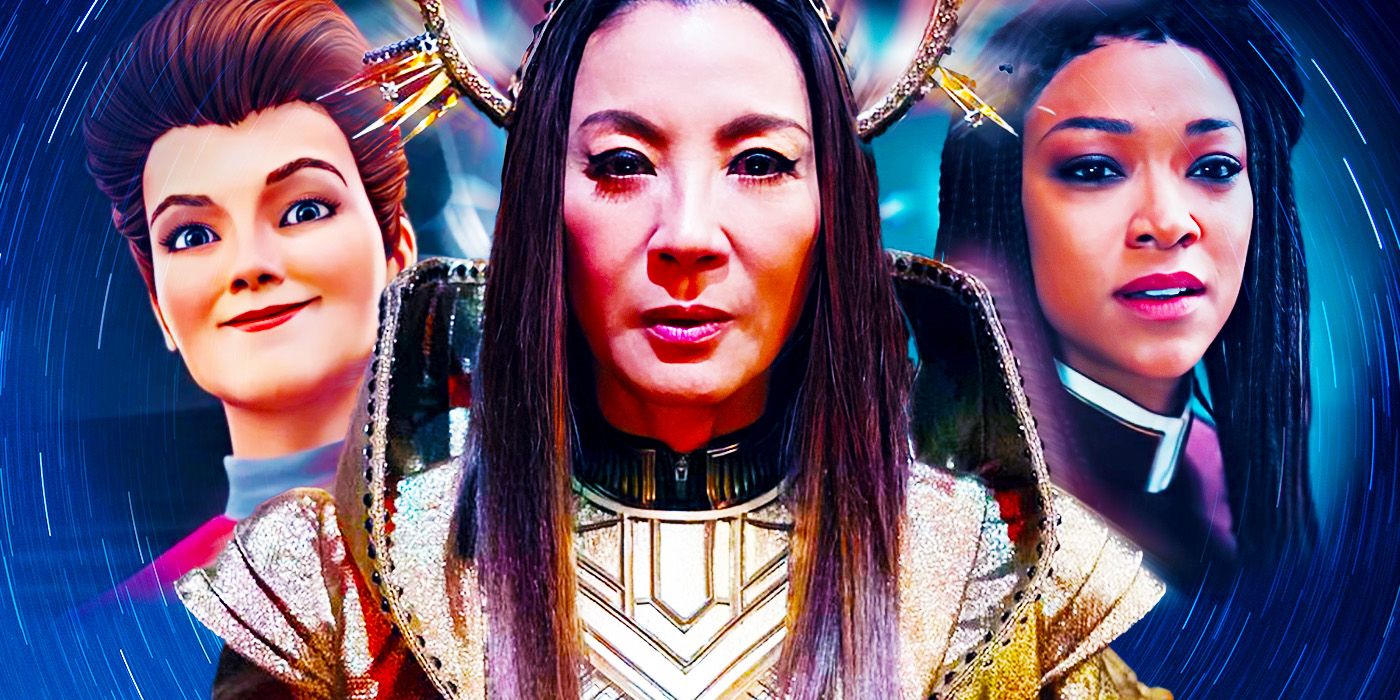
Related
Every Upcoming Star Trek Movie & TV Show
The Star Trek franchise on Paramount+ continues with new series and made-for-streaming movies as well as more Discovery and animated shows.
Budgeting A Star Trek TV Show’s Season Explained
Alex Kurtzman and Michelle Paradise break down how a Star Trek season’s spending
Alex Kurtzman and Michelle Paradise also broke down how a Star Trek series is budgeted throughout a season, using Star Trek: Discovery as an example. Noting that Discovery‘s premiere and finale episodes tend to cost more, Paradise explains:
We have a pattern budget which is the number that we want to hit for any given episode. Because our premieres and finales are typically larger, because we wanna launch with a bang and end with a bang, we just know that if we go over the pattern in the episode or in a particular area of the episode that in later episodes, we’re gonna need to make that up. So it’s really a matter of just making sure that we are diligent about that and keeping track along the way. So that by the end of the season, we have hit our pattern for all of the episodes, even if one or more went over.
Kurtzman also pointed out that smaller-budgeted Star Trek episodes have the advantage of trading expensive spectacle for richer character development. He says:
In fact, I think from a dramatic perspective, it’s great because it forces you to tell stories that are just focused on character. Nothing else. If you say like, ‘Sorry, you don’t get any explosions this episode, you don’t get anything, any of the bells and whistles. You just have to write people in a room.’ It forces your brain into a different space than you’re usually in, which is a great thing — if you’re doing it right, it’s a great thing for character.
Star Trek: Discovery season 5’s epic treasure hunt encompasses both spectacle and deep character development. While there is no word on whether Star Trek: Picard‘s much-demanded proposed spinoff will get made at Paramount+, if Star Trek: Legacy ever is greenlit, would go through the same process of development and budget as the other Star Trek series executive produced by Alex Kurtzman.
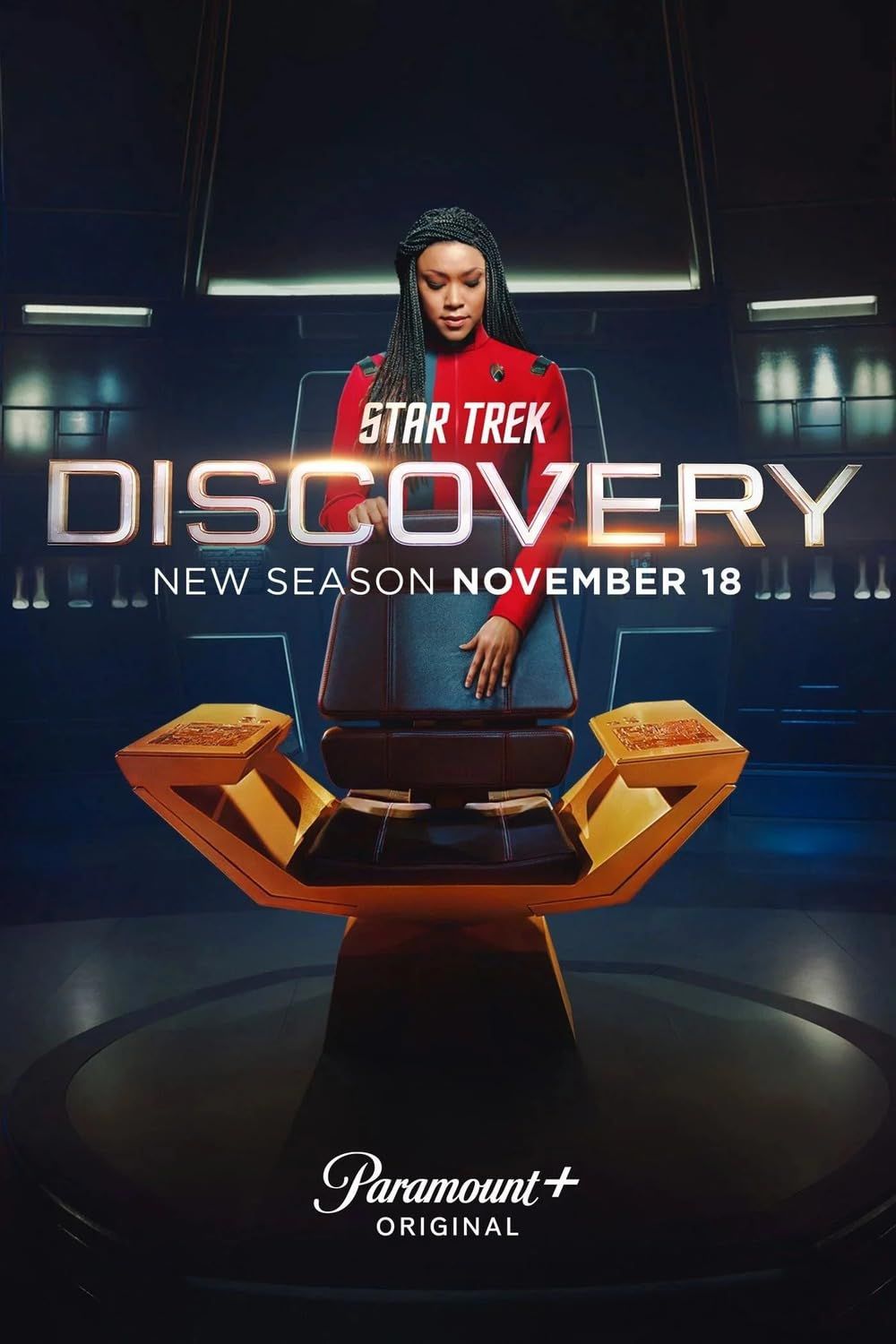
- Seasons
-
5
- Streaming Service(s)
-
Paramount+
- Franchise(s)
-
Star Trek
- Showrunner
-
Alex Kurtzman

